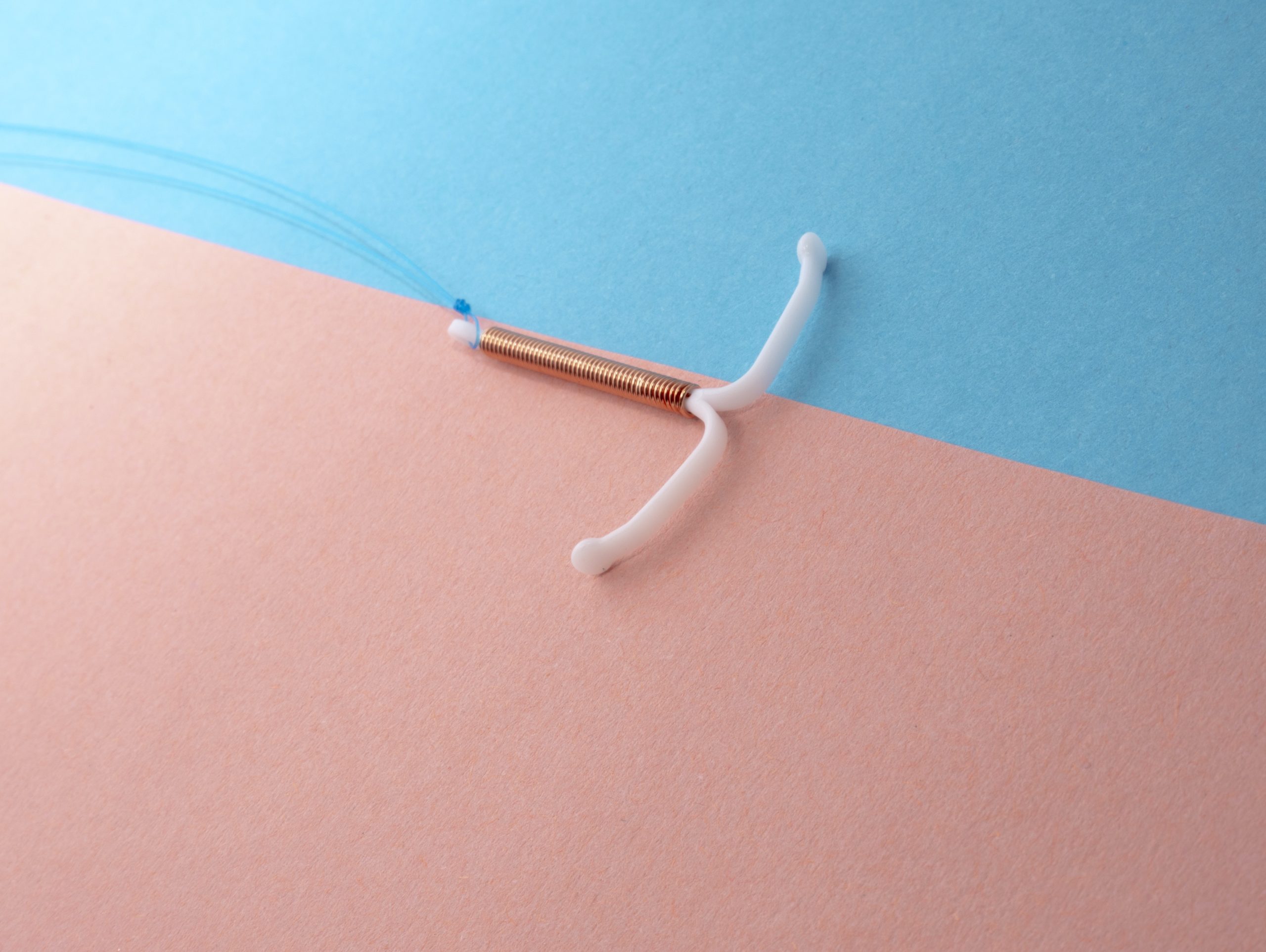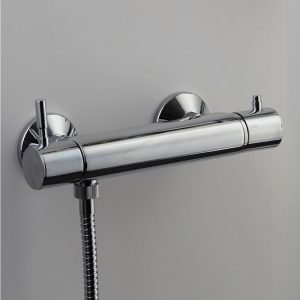
Considering IUDs Safety and Efficacy for Birth Control
Are you considering your options for birth control? If so, it’s crucial to make an informed decision about your reproductive health. In this article, you will delve into the safety and efficacy of Intrauterine Devices (IUDs) as a contraceptive method. In this guide, you will be provided with valuable insights that you won’t want to miss.
Why is this article important, you may wonder? Well, the world of birth control can be overwhelming, and your choices can profoundly impact your life.
In this piece, you’ll find information about IUDs, including their advantages, possible side effects, and who might benefit from them.
What is an IUD, and How Does It Work?
An Intrauterine Device (IUD) is a small, T-shaped contraceptive device inserted into the uterus to prevent pregnancy. It is a well-known birth control option because of its long-term effectiveness and convenience. There are two main types of IUDs: hormonal and copper-based.
Hormonal IUDs work by releasing a progestin hormone that thickens cervical mucus, hindering sperm from reaching the egg. Additionally, it thins the uterine lining, reducing the chances of implantation if fertilization occurs. This type of IUD can last several years, depending on the brand.
In contrast, copper-based IUDs do not utilize hormones; instead, they are coated with copper, creating an unfavorable environment for sperm and effectively preventing fertilization. Copper IUDs have a longer lifespan than hormonal ones and can be effective for up to a decade.
Getting an IUD involves a healthcare specialist inserting the device into the uterus during a simple office procedure. Once in place, it provides continuous contraception without requiring daily attention.
Efficacy of IUDs as Birth Control
The effectiveness of IUDs is attributed to their ability to provide continuous contraception without requiring daily attention. It, therefore, reduces the chances of user error.
According to WebMD, both hormonal and copper-based IUDs boast high success rates. Hormonal IUDs are known to be 99.8% effective in preventing pregnancy, while copper IUDs are similarly reliable, with a success rate of over 99.2%. This level of efficacy rivals or even surpasses that of many other contraceptive methods, such as birth control pills or condoms.
Moreover, WebMD also states that IUD use is risk-free. On average, only one in 1,000 women suffer issues, making them even for efficient means of contraception.
Safety Profile of IUDs
Intrauterine Devices (IUDs) have a good safety record, but like any medical intervention, there are potential risks and side effects to consider.
One notable concern in the past was a legal issue surrounding the Paragard IUD, as some users claimed to have experienced complications during its removal, leading to a Paragard lawsuit. When removed, it has been discovered that Paragard IUD devices may crack or fracture, resulting in serious injuries that call for surgery and additional medical care. As a result, the lawsuit came into formation.
As per TorHoerman Law, the manufacturer and producer of the Paragard IUD, Teva Pharmaceuticals, is the target of these claims. Therefore, if you or someone you know used a Paragard IUD and faced difficulties or injuries, you might be eligible to file a Paragard lawsuit.
In addition, you can file a lawsuit through a legal process called multidistrict litigation (MDL), states Forbes. In an MDL, multiple individual cases related to the same issue are brought before one judge. It allows the judge to handle pretrial matters and discovery collectively. As of mid-August 2022, there were around 1,314 claimants who were a part of the Paragard MDL, which was established in 2022.
However, it’s worth noting that MDL usually picks a few test cases, called bellwether cases, to go to trial first. These cases can help predict the outcomes of similar cases in the future. The results of these cases can also affect the defendant’s decision to settle and the amount of compensation awarded to the plaintiffs.
While such cases are rare, it highlights the importance of discussing potential risks with a healthcare specialist before choosing an IUD.
Who is an Ideal Candidate for IUD Use?
Ideal candidates for IUD use include those looking for long-term contraceptive protection without needing daily attention. Women who have difficulty remembering to take daily birth control pills or want to avoid the hassle of using barrier methods like condoms may find IUDs a convenient choice.
Hormonal IUDs may be well-suited for individuals who prefer a control method that has the added benefit of reducing heavy menstrual bleeding and menstrual pain. On the other hand, hormone-free copper IUDs are ideal for individuals who want an effective non-hormonal birth control option. It makes them suitable for women with concerns or sensitivities about hormonal contraceptives.
IUD Insertion Procedure and Aftercare
Inserting an IUD is a simple procedure usually done at the healthcare provider’s office. Before insertion, they will examine your pelvic area to check the uterus’s size and position. They will also address any concerns or questions you have
According to Healthline, during the insertion, a speculum (duck-beak-shaped metal instrument) is used to gently open the vagina, and the IUD is placed into the uterus through the cervix. The process may cause mild discomfort but is usually quick and well-tolerated.
After inserting the IUD, you’ll have a short recovery time at the doctor’s office. It’s normal to experience some light bleeding or cramping after the procedure, and spotting may occur when the tenaculum (surgical instrument) is removed.
Additionally, your healthcare provider will give you information on how to manage any bleeding. Some patients may feel a bit dizzy or lightheaded after the treatment, so you can rest in the room before leaving when you feel ready.
Attending a follow-up appointment with your healthcare provider is crucial to ensure the IUD is in the correct position and functioning effectively.
Addressing Concerns and Common Questions
One concern people often have about IUDs is their safety. However, IUDs are approved by medical personnel worldwide and are considered a safe and effective contraception method. They have a low risk of complications and can prevent pregnancy for several years once properly inserted.
You might wonder if getting an IUD will be painful. While some individuals may experience discomfort during the insertion process, it’s usually a quick procedure performed by healthcare specialists who prioritize your comfort. Many people find that the long-term benefits of effective birth control outweigh any temporary discomfort.
IUD Understanding Empowers Confident Birth Control
When it comes to choosing a safe and effective birth control method, Intrauterine Devices (IUDs) stand out as a reliable option. With their high efficacy, long-term protection, and minimal user intervention, IUDs offer peace of mind for individuals seeking hassle-free contraception. Both hormonal and copper-based IUDs have proven to be well-tolerated and suitable for a wide range of candidates.
While concerns and questions may arise, addressing them with a healthcare provider can help dispel any doubts. By understanding the IUD insertion process, aftercare, and potential side effects, individuals can confidently embrace this exceptional birth control option.



Average Rating